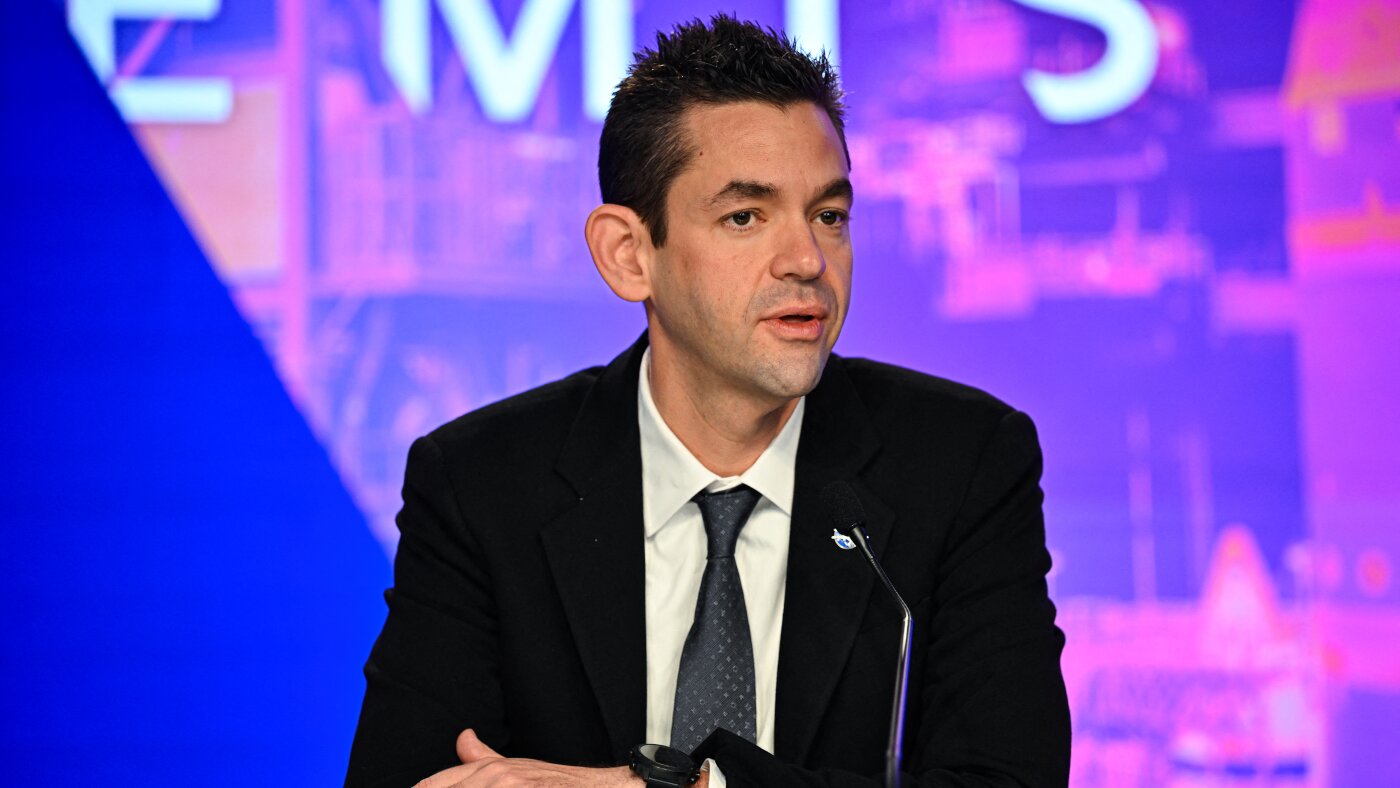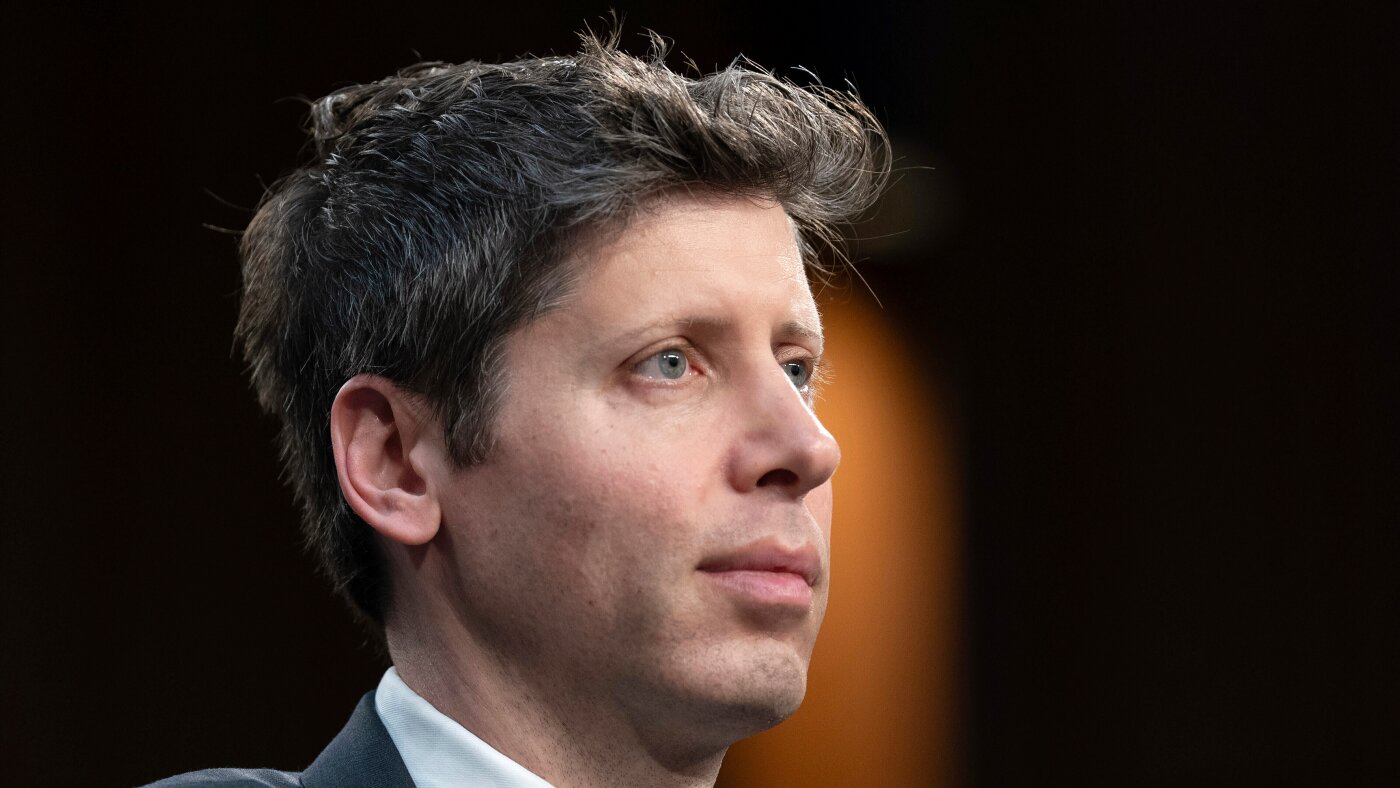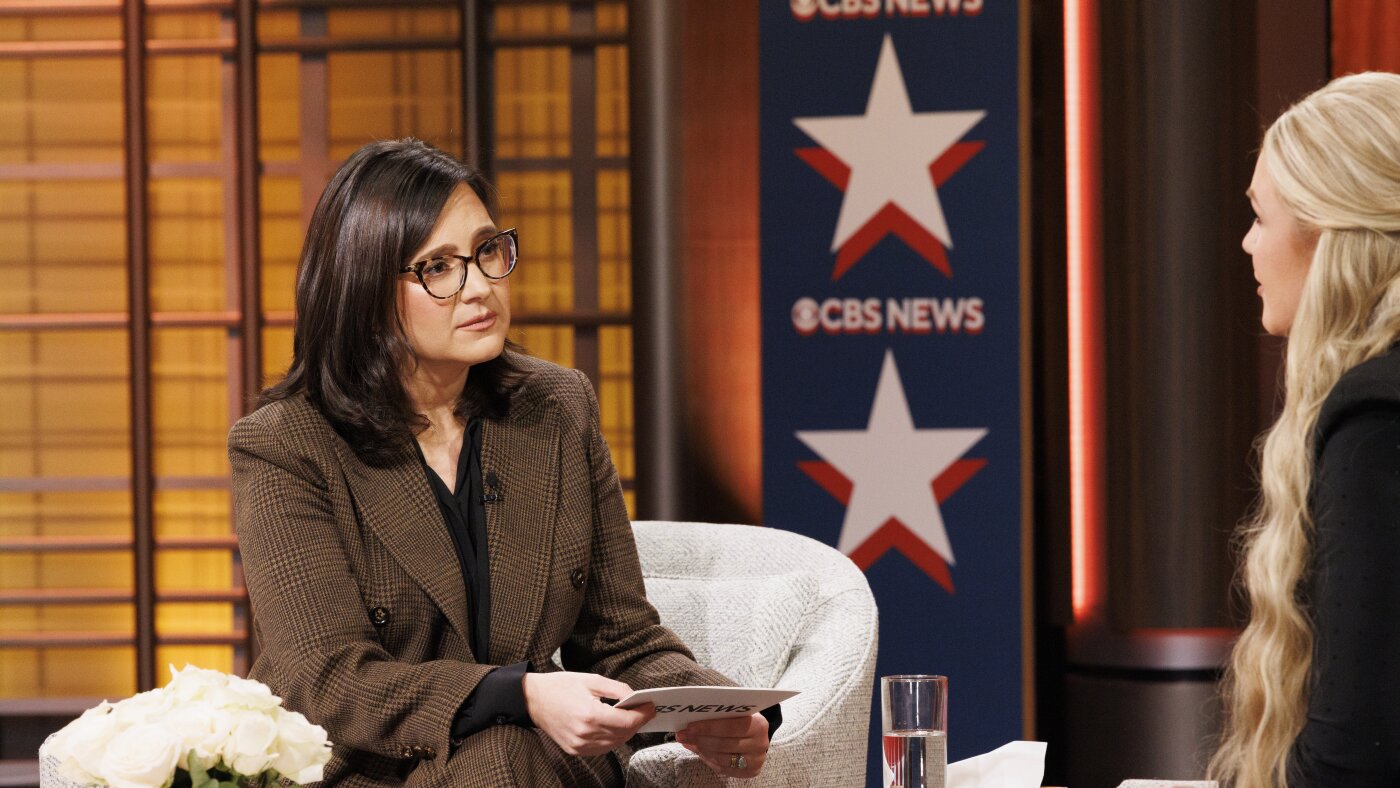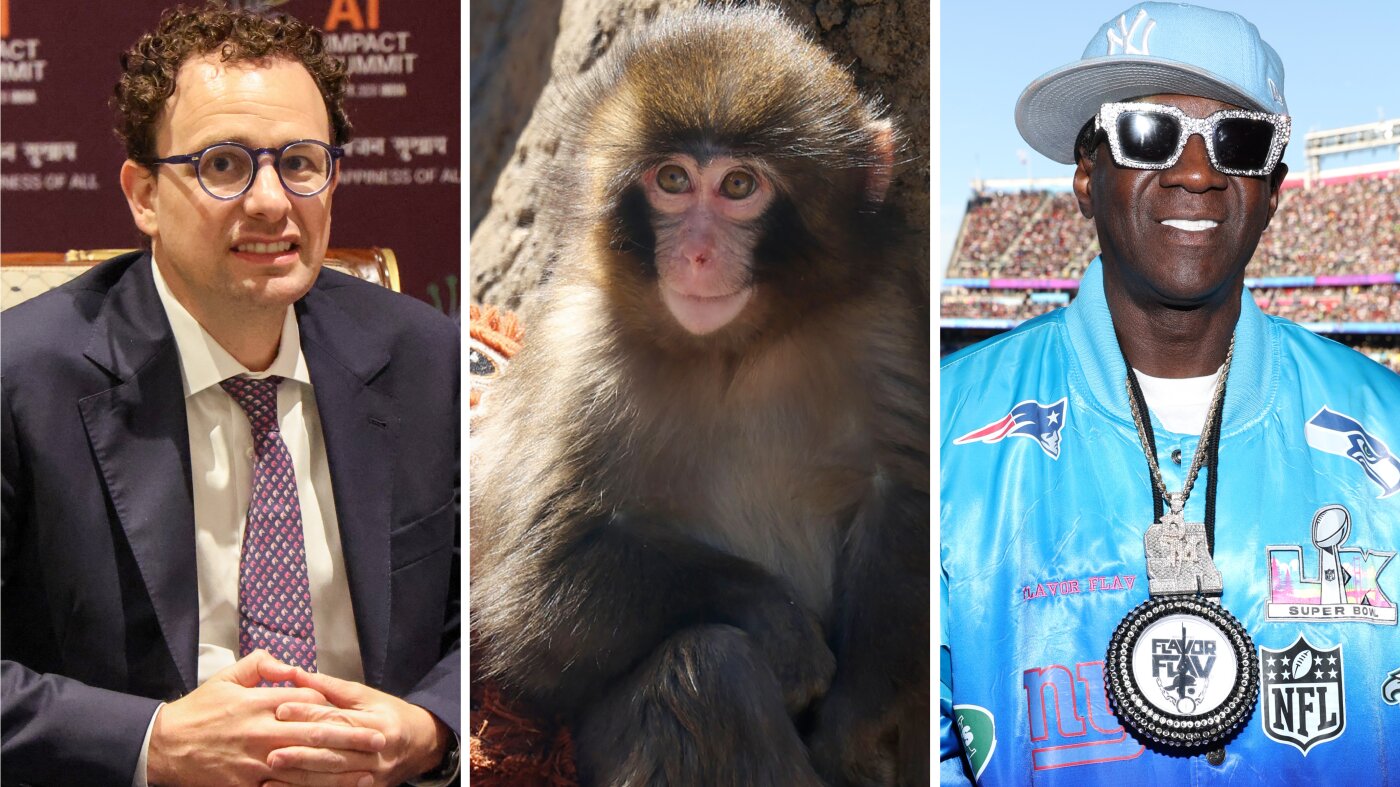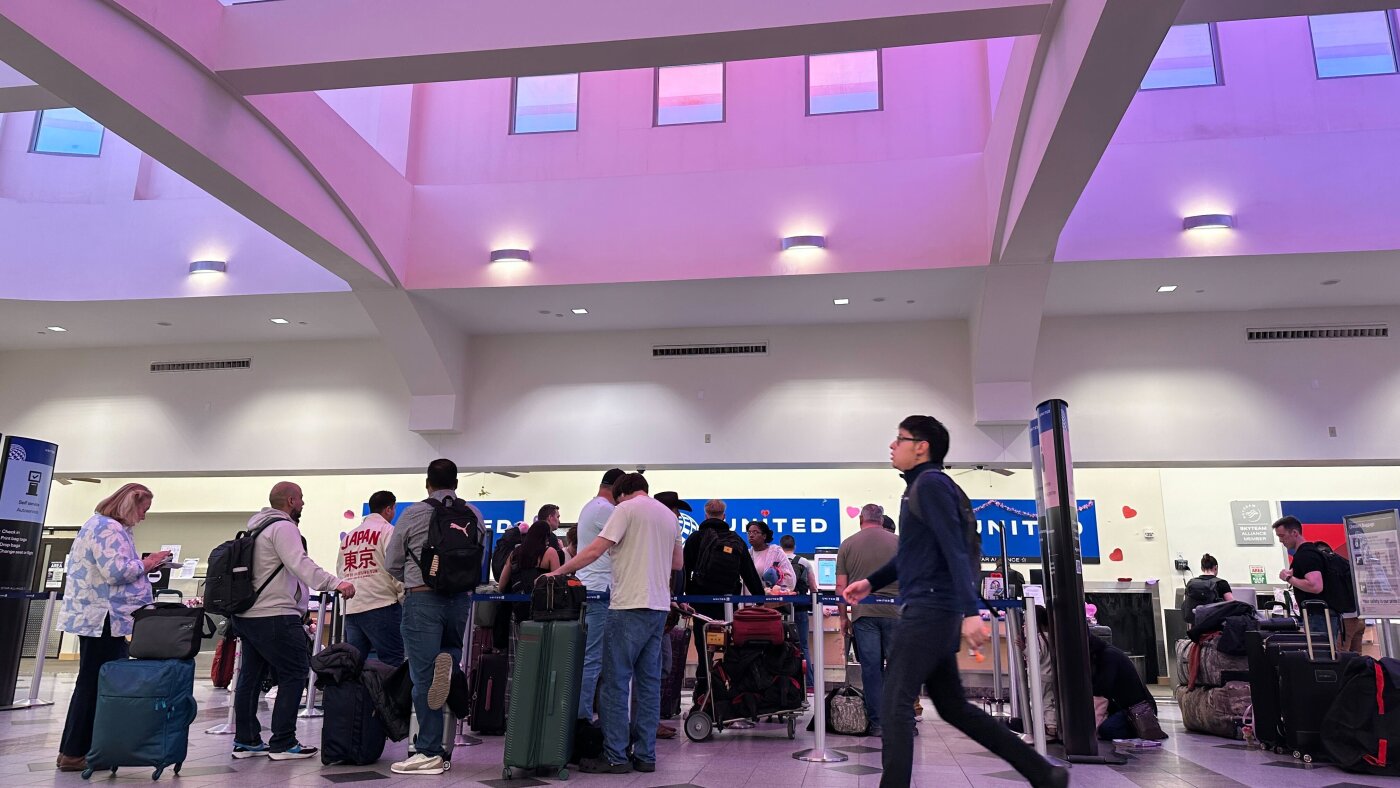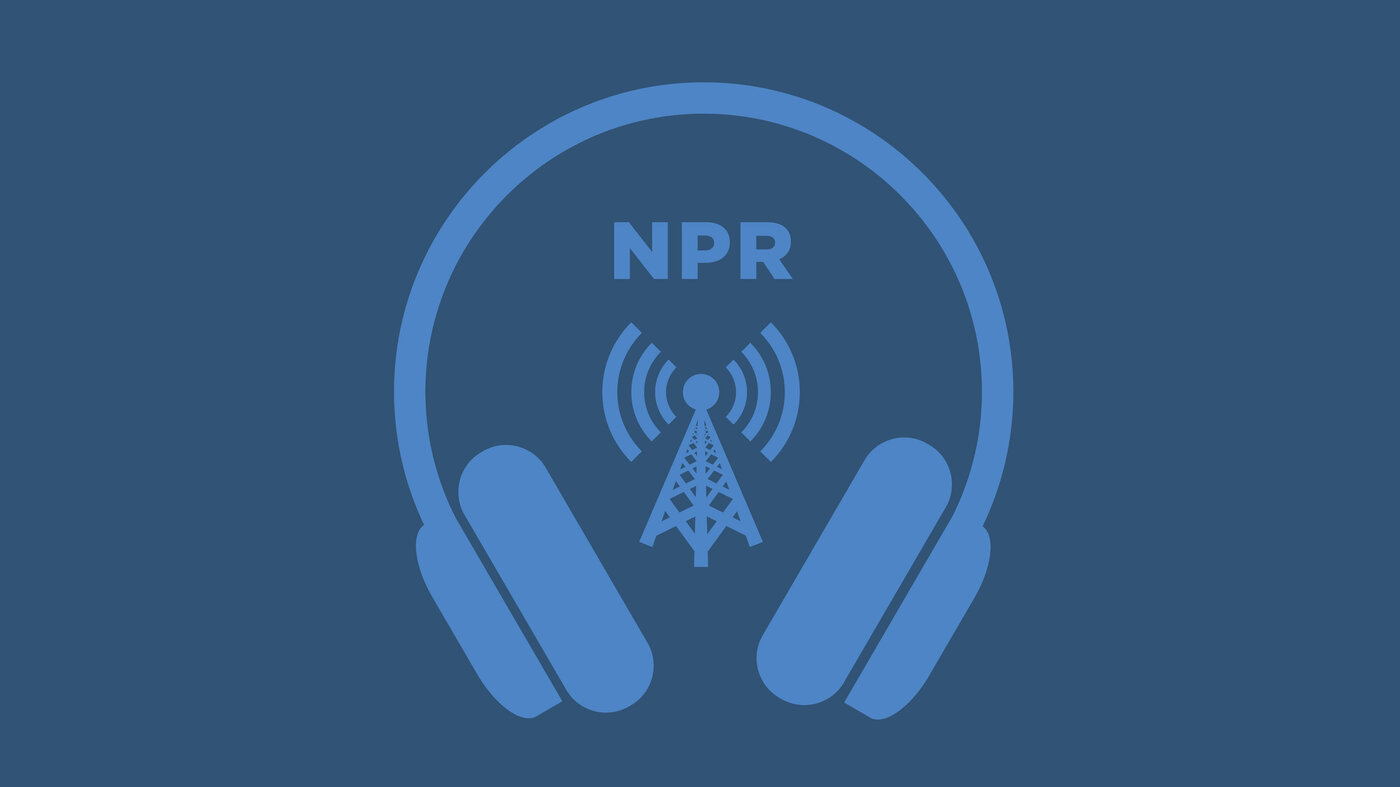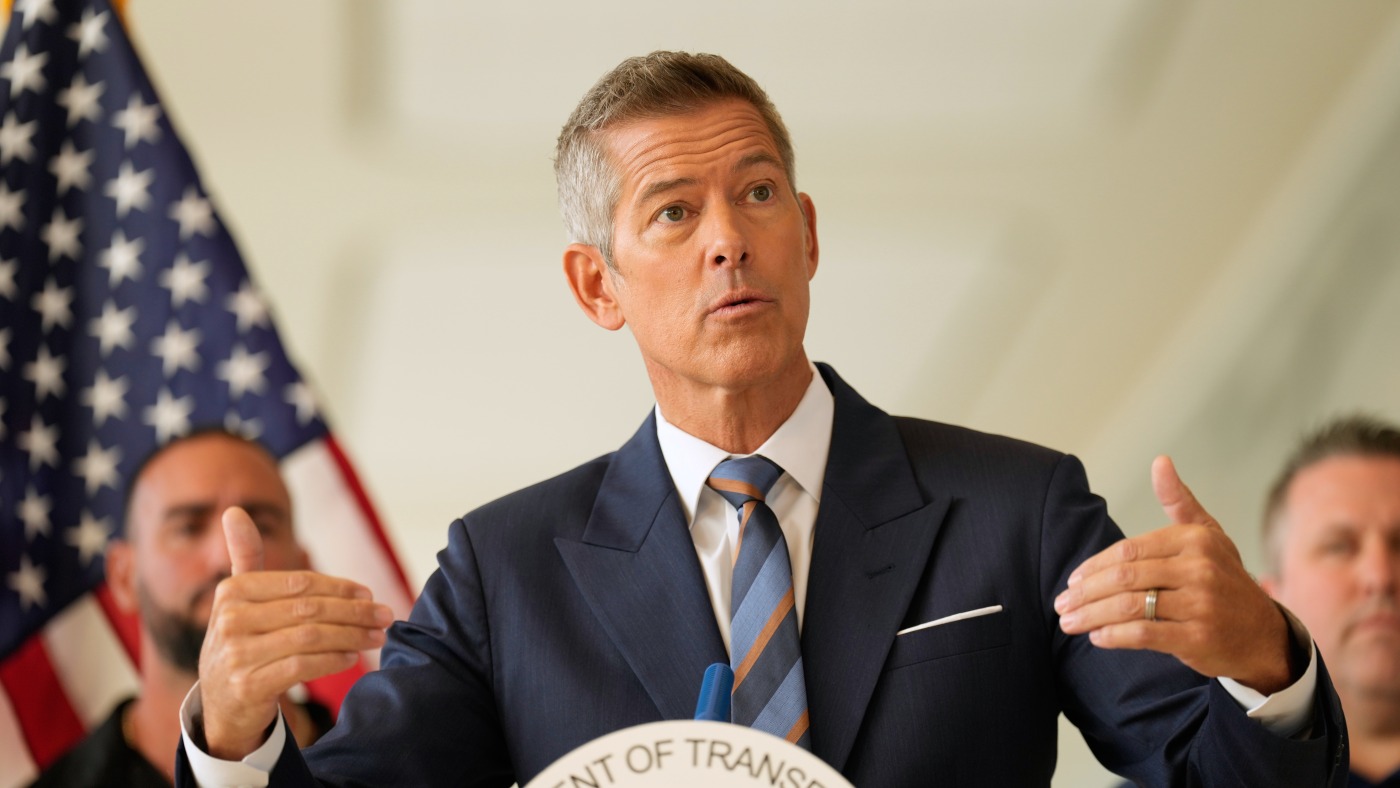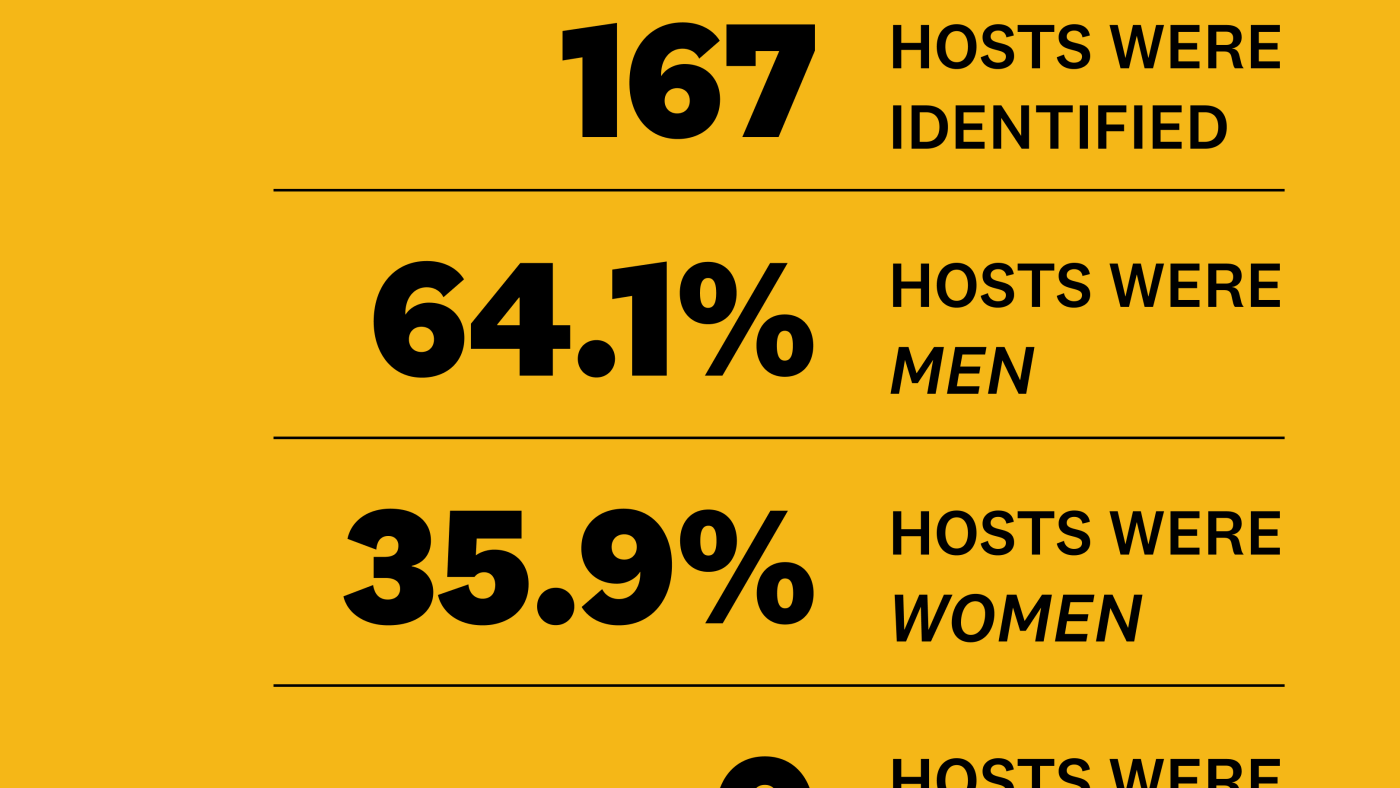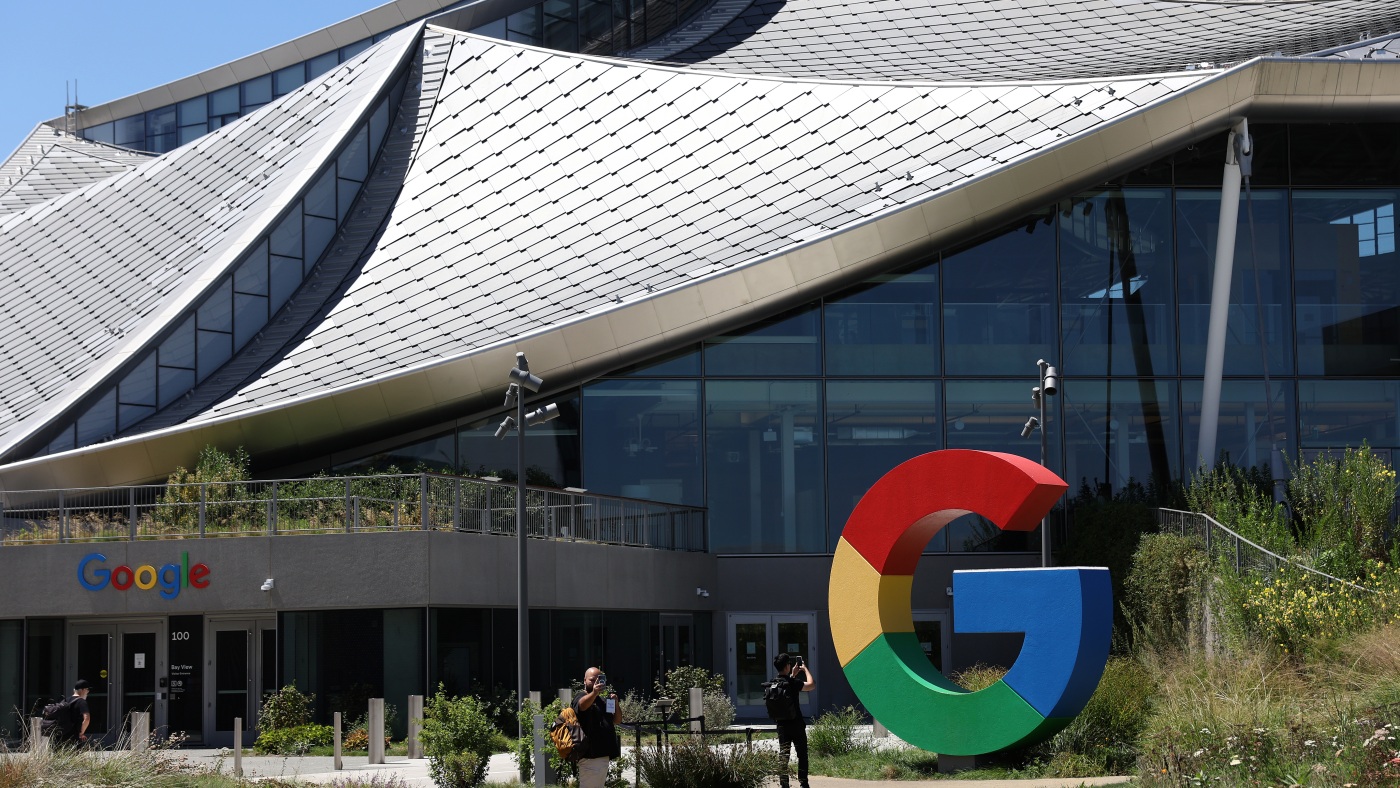
Food banks around the country are trying to pick up the slack from the pause in SNAP benefits. The courts say benefits must be restored but it is unknown when. Here, Park Hill Food Pantry volunteers in Denver work to fill the need on Friday. Hart Van Denburg/CPR News hide caption
toggle caption
Hart Van Denburg/CPR News
It's not yet clear when the 42 million Americans who rely on the federal food assistance program known as SNAP will get their benefits for November. The Trump administration faces a Monday deadline to tell two federal judges how it plans to restore funding for SNAP amidst the ongoing federal government shutdown.
But even once funds start flowing again, it could take several days or more to get benefits into the hands of low-income families who depend on SNAP to put food on the table.
About 1 in 8 U.S. residents get an average of $187 a month per person in SNAP, which stands for Supplemental Nutrition Assistance Program. Nearly 39% of recipients are children and adolescents under 18, according to the Department of Agriculture (USDA), which administers the program.
Courts tell Trump to use emergency funds
Citing the government shutdown, USDA froze funding for SNAP beginning Nov. 1 — the first time that's happened since the country's largest anti-hunger program began six decades ago. On Friday, two federal judges ruled that this pause is likely unlawful.
Both judges said that Congress provided more than $5 billion in emergency funds for exactly this kind of situation, and they rejected the Trump administration's argument that it could not legally use that money to keep SNAP going. It not only can use the money, but must, the judges said.
In Rhode Island, Judge John McConnell Jr. called for the contingency funds to be used as soon as possible. A second judge, Indira Talwani in Boston, said officials could also tap additional money from customs revenues, but she left that decision up to the Trump administration. Both judges gave the administration until Monday to come back with a plan for how it would proceed.
After the rulings, Trump posted on social media that his lawyers would seek clarity from the court on how to fund SNAP. And if they got it, "it will BE MY HONOR to provide the funding, just like I did with Military and Law Enforcement Pay," Trump wrote.
Treasury Secretary Scott Bessent told CNN Sunday that the Trump administration would not appeal the judges' ruling. He said it's possible that funding for SNAP "could be" restored by Wednesday, but "there's a process that has to be followed. We've got to figure out what the process is."
Partial payments would be 'a logistical nightmare'
Benefits will be delayed in November regardless of the outcome of the court cases because many beneficiaries have their cards recharged early in the month and the process of loading cards can take a week or more in many states.
And if the Trump administration agrees to tap only the $5 billion contingency funding, that would fall well short of what it takes to run SNAP each month, which is about $9 billion. So people may not get the full amount of benefits they qualify for. In that case, the administration has said calculating partial payments is a logistical nightmare that could take time to arrange in the middle of a shutdown.
Several states have said they will use their own funds to cover any shortfall in SNAP funding. However, the Trump administration has warned it will not reimburse states. Several states, including Arkansas, New Hampshire and Washington, have also announced measures to help support food banks and pantries.
Even if partial funding is restored, there are still many logistical hurdles to get funds flowing to SNAP recipients, an Agriculture department employee who works on SNAP told NPR – they asked that their name not be used for fear of retribution. For one thing, they said, if you have partial funding, do you give it only to the most needy? Do you give people half their regular amount? Three-quarters? States would probably want a say in that. It's also unclear how partial funding would be divided among states. The employee wondered if the Trump administration might decide to give some states more SNAP money than others.
What is clear is that a lot of money has disappeared from people's food budgets, and anti-hunger advocates say that food banks alone will not be able to make up the difference.
"We're in uncharted territory," Elizabeth Keever, chief resource officer at Harvesters, a food bank in Kansas City, Missouri, told NPR Sunday.
"It's nearly impossible to make up the gap that SNAP is leaving us, but we're doing everything we can to make sure that we are easing this burden for folks," Keever said. "It's just this really scary moment where there's a lot of uncertainty. So the gap is massive, and at the end of the day, food banks can't necessarily fill it."
The Associated Press contributed to this report.

 3 months ago
69
3 months ago
69





